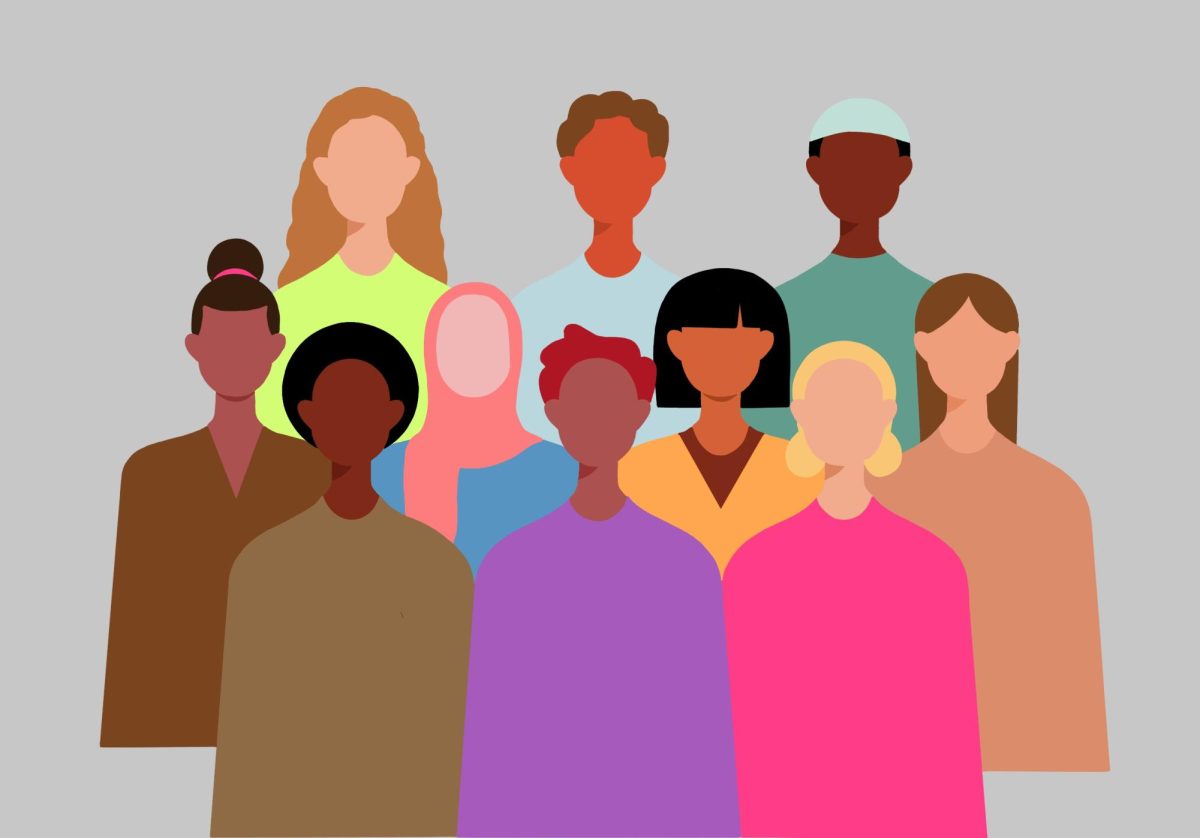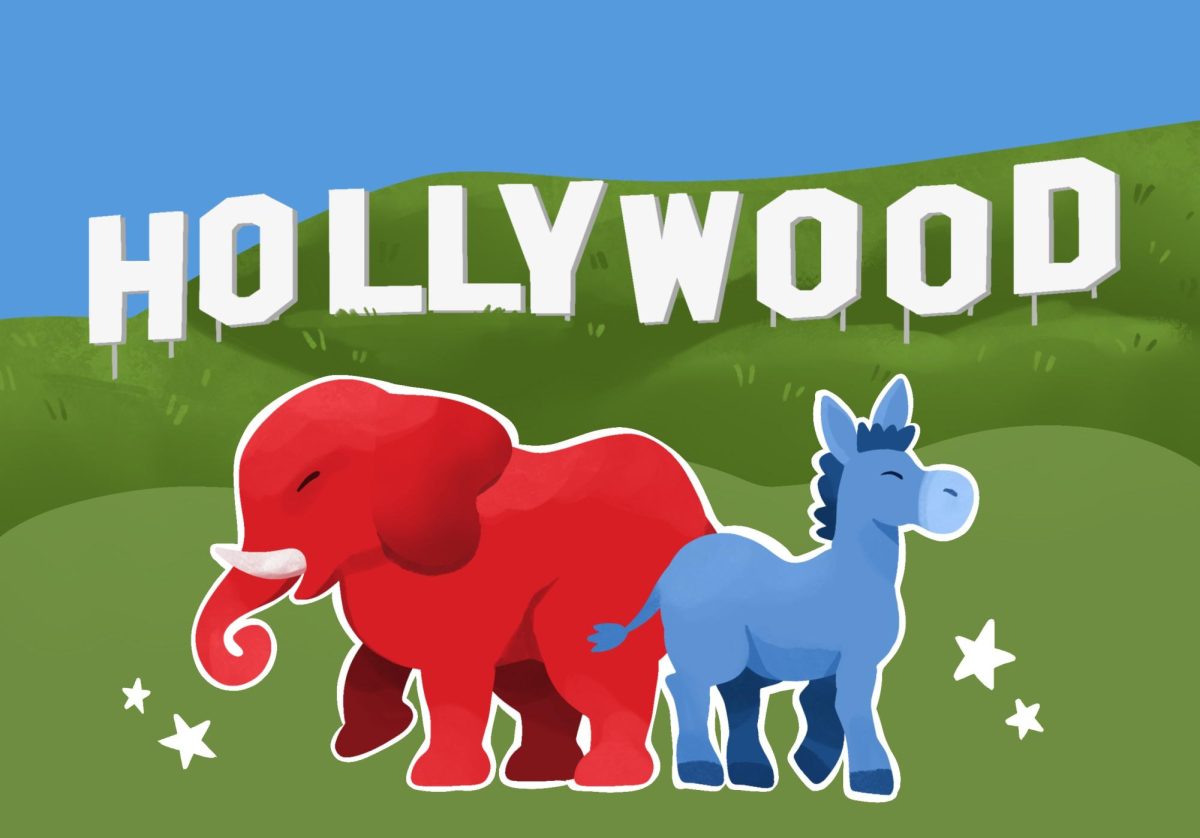This week, following in the tradition of many men and women who have made mountains of money on Wall Street, a billionaire made a terrible financial decision with a lot of money.
Michael Bloomberg, the founder of the Bloomberg LP, former New York City mayor and potential presidential candidate, announced Sunday in an editorial in The New York Times that he would be donating a massive $1.8 billion to Johns Hopkins University for financial aid for low- and medium-income people. This follows the $1.5 billion he has already given to Johns Hopkins.
It’s a noble gift and the largest gift ever made to an educational institution. Johns Hopkins is now a part of a select group of schools that offer need-blind admissions and financial aid packages without loans.
However, Bloomberg’s gift exposes a large trend in educational philanthropy: the super rich love giving money to schools that just don’t need it. Just 4 percent of American undergraduates attend universities that have acceptance rates under 25 percent, and only 1 percent attend schools with acceptance rates under 10 percent. The seemingly endless checks flowing into the coffers of Johns Hopkins, Harvard and other elite private universities are misdirected.
Johns Hopkins is an excellent example of a university that just doesn’t need the money because like most other private institutions, it serves pretty much no one. It only accepts a measly 1,249 undergraduates a year. There are more students in Frontier Hall and Territorial Hall combined than there are in the freshman class of Johns Hopkins. Of the people it actually gives admission to, only a microscopic 2.9 percent come from the bottom 20 percent economy — that’s just 36 people in the freshman class, or the front row of a psychology lecture in Willey Hall.
Unsurprisingly, Johns Hopkins primarily serves the affluent. Eleven percent of its student body is from the top one percent. This isn’t because there aren’t enough poor, smart kids or the University’s financial circumstances.
Numerous studies have found there are lots of lower income kids with great credentials, but that around 43 percent of those students don’t apply to competitive colleges and instead go to lower ranked schools. These “under matched” kids could have gone to Johns Hopkins, but the University never went looking for them. They’ve never been a priority, even with an endowment worth $3.8 billion for just 6,109 undergraduates.
In contrast, the University of Minnesota, a massive institution with over 35,000 undergraduates, has an endowment of $3.5 billion, which itself is actually larger than those at Wisconsin and North Carolina. The Johns Hopkins student body is so disconnected from demographic reality, despite immense financial resources, showing plain irresponsibility on the part of its administration.
But Wall Street has kept on writing checks. Besides Bloomberg’s record breaking gift, other notable gifts in 2018 have been private equity CEO Stephen A. Schwarzman’s $350 million donation to Massachusetts Institute of Technology, the foundation of businessman Leonard Blavatnik’s $200 million donation to Harvard University and financier Edward P. Bass’ $160 million donation to Yale University. All these schools have endowments worth $14 billion and more students from the one percent than the bottom twenty.
These elite private universities don’t need the money. They haven’t shown any commitment to diversity. But each gift is tax-exempt, so taxpayers subsidize it. Thank you Bloomberg, Schwarzmann, Blavatnik and Bass. As president of Johns Hopkins, Ronald J. Daniels, told NPR, “This reflects a failing to live up to the Jeffersonian ideal of equal opportunity.” He’s not wrong.





















